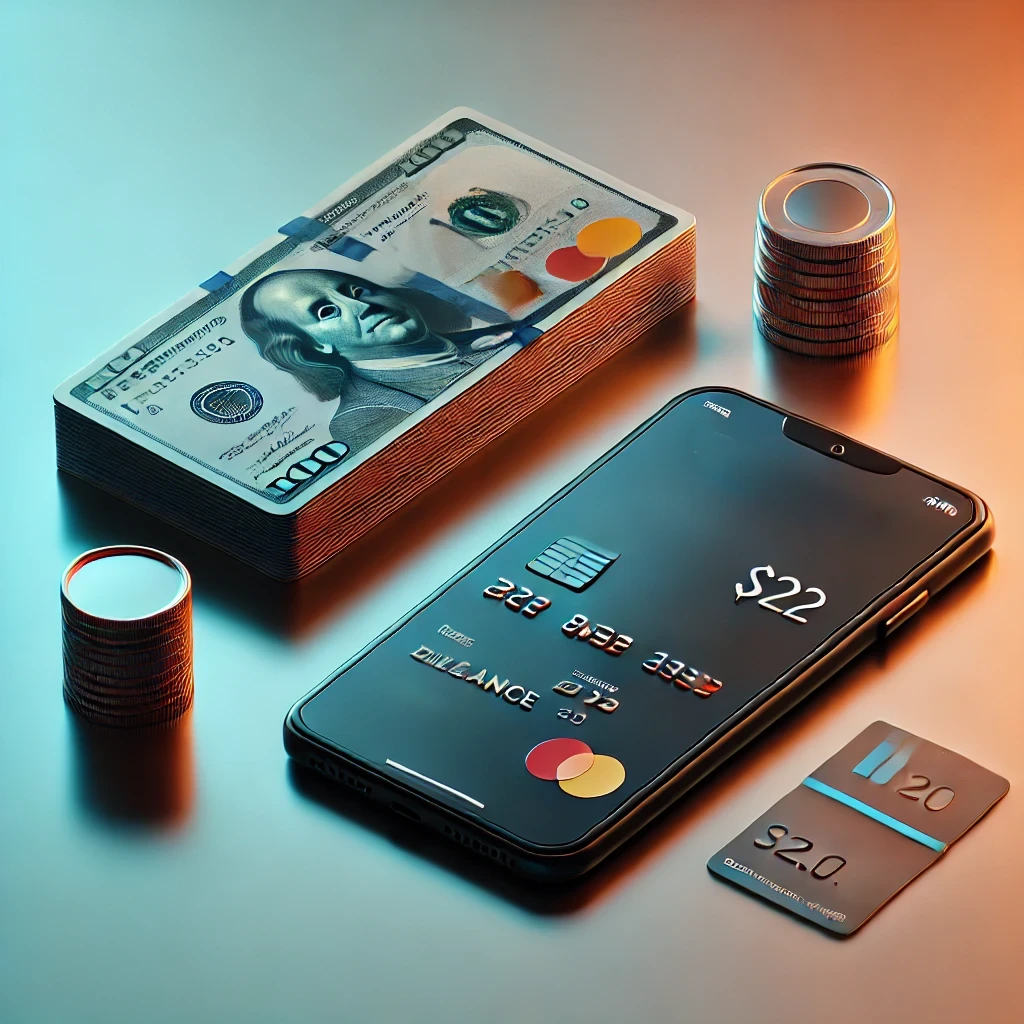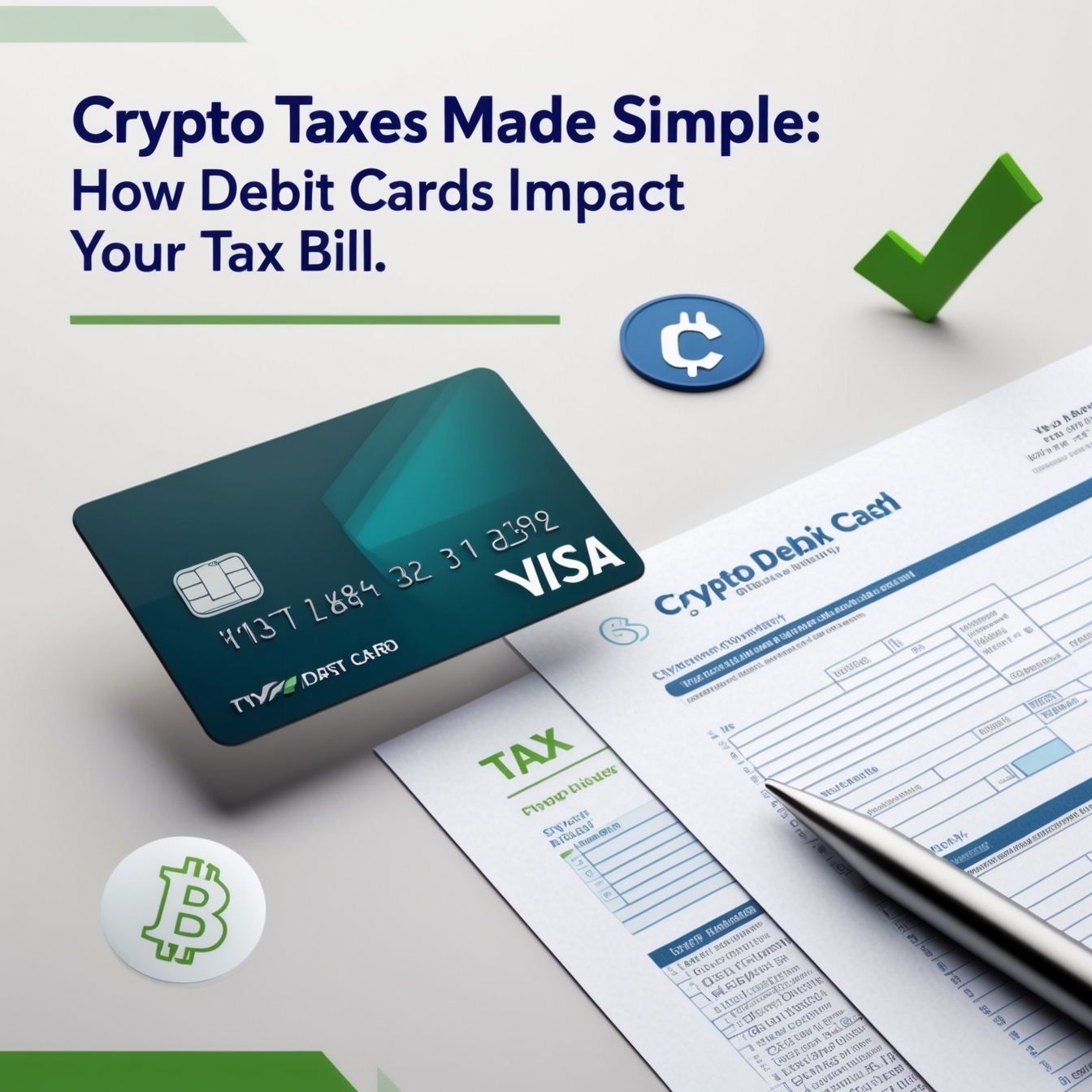Losing your debit card can be a stomach-churning experience. One moment you’re reaching for your trusty piece of plastic to make a purchase, and the next, you’re hit with the sinking realization that it’s nowhere to be found. Whether it’s slipped out of your pocket, been left behind at a restaurant, or worse – potentially stolen – the panic that sets in is all too real. But don’t worry! I’m here to walk you through exactly what to do when you find yourself in this nerve-wracking situation. By the end of this guide, you’ll have a clear action plan to protect your money and regain your peace of mind. So, take a deep breath, and let’s dive into the steps you need to take when your debit card goes missing.
The Immediate Steps: Act Fast to Secure Your Finances
When you realize your debit card is missing, time is of the essence. The quicker you act, the better you can protect yourself from potential financial harm. Here’s what you need to do right away:
1. Don’t panic, but act quickly
It’s natural to feel a surge of anxiety when you can’t find your debit card, but try to stay calm. Panicking can cloud your judgment and slow you down. Instead, take a moment to collect yourself and then spring into action. Remember, most banks have robust fraud protection measures in place, and if you act swiftly, you can minimize any potential damage.
2. Retrace your steps (but don’t delay other actions)
While it’s tempting to turn your house upside down or rush back to the last place you remember using your card, don’t let this delay the more crucial steps. You can certainly do a quick check of your immediate surroundings, but if the card doesn’t turn up right away, move on to the next steps. You can always conduct a more thorough search later.
3. Contact your bank immediately
This is the most critical step. Contact your bank as soon as possible to report your card as lost or stolen. Many banks have 24/7 hotlines specifically for this purpose. You can usually find the number on your bank’s website or mobile app. If you have your bank’s app on your phone, you may even be able to freeze or cancel your card directly through the app. When you speak with a representative, they’ll cancel your current card and arrange for a new one to be sent to you. They’ll also be able to review recent transactions with you to check for any suspicious activity.
4. Check your recent transactions
While you’re on the phone with your bank, or immediately after, review your recent transactions. Look for any purchases or withdrawals you don’t recognize. If you spot anything suspicious, report it to your bank right away. Many banks allow you to set up alerts for transactions, which can be incredibly helpful in quickly identifying any unauthorized use of your card.
The Follow-Up: Protecting Your Accounts and Identity
Once you’ve taken the immediate steps to secure your account, there are several follow-up actions you should take to further protect yourself and make the transition to your new card as smooth as possible:
1. File a police report (if necessary)
If you believe your card was stolen, rather than simply lost, it’s a good idea to file a police report. While the chances of recovering your card may be slim, having a police report on file can be helpful if you become a victim of identity theft. It provides an official record of the incident, which can be useful when dealing with creditors or credit bureaus.
2. Update automatic payments and subscriptions
In our digital age, many of us have numerous subscriptions and automatic payments linked to our debit cards. Take some time to make a list of all your recurring payments – streaming services, gym memberships, utility bills, etc. Once you receive your new card, you’ll need to update the payment information for each of these services. This step can be a bit tedious, but it’s crucial to avoid any interruptions in your services or late payment fees.
3. Consider placing a fraud alert or credit freeze
While not always necessary when you’ve only lost a debit card, if you’re particularly concerned about identity theft, you might want to consider placing a fraud alert or credit freeze with the major credit bureaus. A fraud alert makes it harder for someone to open new accounts in your name, while a credit freeze essentially locks down your credit report, making it inaccessible to potential creditors. These measures provide an extra layer of protection beyond just securing your bank account.
Preventing Future Loss: Tips to Keep Your Debit Card Safe
Now that you’ve dealt with the immediate crisis, let’s talk about how to prevent this stressful situation from happening again in the future. Here are some practical tips to keep your debit card safe and secure:
1. Be mindful of where you keep your card
One of the simplest ways to prevent losing your debit card is to have a designated place for it. Whether it’s a specific slot in your wallet or a particular pocket in your bag, always return your card to the same spot after using it. This habit can significantly reduce the chances of misplacing your card or accidentally leaving it behind somewhere.
2. Consider using a digital wallet
Many smartphones now offer digital wallet features that allow you to make purchases without carrying your physical card. By using services like Apple Pay, Google Pay, or Samsung Pay, you can leave your actual debit card safely at home for many of your day-to-day transactions. This not only reduces the risk of losing your card but also adds an extra layer of security to your purchases.
3. Regularly check your card’s presence
Make it a habit to periodically check that your debit card is where it should be. You might do this every evening when you get home, or every morning before you leave the house. This practice can help you catch a missing card much sooner, potentially even before it’s been used by someone else.
4. Be cautious when using your card in public
When using your debit card in public, be aware of your surroundings. Shield the keypad when entering your PIN, and be wary of any suspicious devices attached to ATMs or card readers. It’s also a good idea to avoid using your debit card on public Wi-Fi networks, as these can be less secure and potentially expose your financial information to hackers.
When Your Card is Found: What to Do Next
Sometimes, after all the panic and precautions, your lost debit card turns up. Maybe it was tucked into a rarely-used pocket, or a kind soul turned it in at a local business. While it’s a relief to find your card, you’re not quite out of the woods yet. Here’s what you should do if your card is found after you’ve reported it lost:
1. Don’t start using the card again
Even if your card looks perfectly intact and unused, resist the temptation to start using it again. Once you’ve reported a card as lost or stolen, the bank will have deactivated it for security reasons. Attempting to use the card could lead to declined transactions and confusion.
2. Destroy the old card
Now that you’ve gone through the process of reporting the card lost and likely have a new one on the way, the best thing to do with your found card is to destroy it. Cut it up into small pieces, making sure to cut through the chip and magnetic strip. Some people even recommend distributing the pieces across multiple trash bags for extra security.
3. Confirm the status with your bank
If you’re unsure about whether you should keep the found card as a backup, contact your bank. They can confirm whether the card has been deactivated and advise you on the best course of action. In most cases, they’ll likely tell you to destroy the card and continue using the new one they’ve issued.
The Aftermath: Monitoring Your Account and Credit
Even after you’ve secured your account and received a new card, it’s important to stay vigilant. Here are some ongoing steps to ensure your finances remain protected:
1. Keep a close eye on your transactions
For the next few months, pay extra attention to your account activity. Review your statements carefully and check your account online or through your banking app regularly. If you spot any transactions you don’t recognize, no matter how small, report them to your bank immediately.
2. Monitor your credit reports
While a lost debit card doesn’t directly impact your credit, it’s still a good idea to keep an eye on your credit reports. You’re entitled to one free credit report from each of the three major credit bureaus every year. Consider spreading these out over the year to maintain regular oversight of your credit.
3. Consider identity theft protection services
If the experience of losing your debit card has made you more security-conscious, you might want to look into identity theft protection services. These services monitor your credit reports and personal information, alerting you to any suspicious activity. While they can’t prevent identity theft entirely, they can help you catch it early if it does occur.
The Silver Lining: Learning from the Experience
Losing your debit card is undoubtedly stressful, but it can also be a valuable learning experience. Here are some positive takeaways from this situation:
1. Improved financial awareness
Going through the process of securing your account and reviewing your transactions can give you a clearer picture of your spending habits. Use this as an opportunity to evaluate your financial behaviors and perhaps make some positive changes.
2. Enhanced security habits
The experience of losing your card and going through the steps to protect yourself can make you more security-conscious in the future. You might find yourself being more careful with all your personal information, not just your debit card.
3. Better preparedness for future incidents
Now that you’ve been through this once, you’ll be better prepared if it ever happens again. You know the steps to take and how to handle the situation calmly and effectively.
Conclusion: Stay Calm and Carry On (Securely)
Losing your debit card can be a jarring experience, but it doesn’t have to be a financial disaster. By acting quickly, following the steps outlined in this guide, and staying vigilant, you can protect your money and your peace of mind. Remember, your bank is on your side in these situations – they have protocols in place to help you and protect your funds.
Moreover, this experience can serve as a wake-up call to review and enhance your overall financial security practices. From being more mindful of where you keep your card to regularly monitoring your accounts, these habits can help prevent future incidents and give you greater confidence in managing your finances.
So, the next time you reach for your debit card and find it missing, take a deep breath. You now have the knowledge and tools to handle the situation like a pro. Stay calm, act swiftly, and remember – it’s just a piece of plastic. Your quick action and the bank’s security measures will ensure that your hard-earned money stays safe and sound.
Disclaimer: This blog post is intended for informational purposes only and should not be considered as financial or legal advice. While we strive to provide accurate and up-to-date information, policies and procedures may vary by bank and location. Always consult with your financial institution for the most current and specific guidance related to your situation. If you notice any inaccuracies in this post, please report them so we can correct them promptly.




